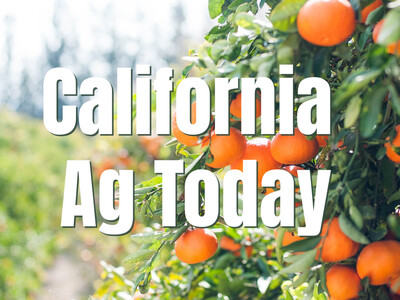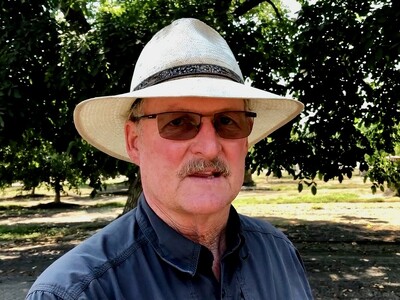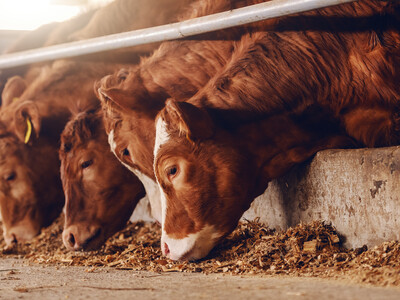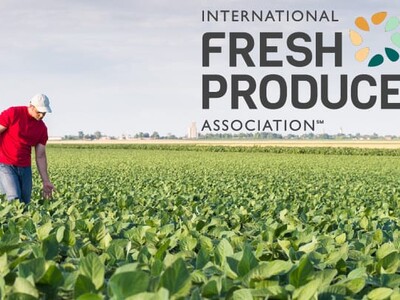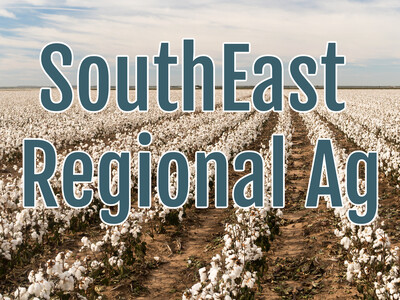Providing a Farm Experience Keeps Some Small Farms Viable

Tim Hammerich
News Reporter
How can small farming operations survive when scaling up is not an option? Allan Robinette of Robinette’s Apple Haus and Winery says for their family, the solution was transitioning from wholesale to retail. They’ve added a farm stand, one-of-a-kind attractions, and year-round activities for consumers.
Robinette… “Apples are our main crop, but we all sell sweet cherries, we sell peaches, we sell apricots, we’ve got plums, we’ve got pears, and just a little bit of everything just to try and sell as much as we can and diversify as much as we can.”
Shifting toward direct-to-consumer and putting a greater emphasis on a visitor’s experience was necessary to make ends meet, especially during difficult farming years.
Robinette… “Certainly, if we didn’t have for example a bakery and a winery and a corn maze and hay rides in the year 2012, we would have been in real trouble. We had a freakishly hot spring that year and then it rubberbanded right back into freezing temps, so we were in full bloom and then we went down to 15 degrees and we lost pretty much everything. You know, that’s the worry. We always, especially in the apple industry, and in Michigan, we always refer to 2012 as ‘that year’.”
Robinette says providing his customers with not only something to buy, but something to do has created the best of both worlds and has become his favorite part of farming.




